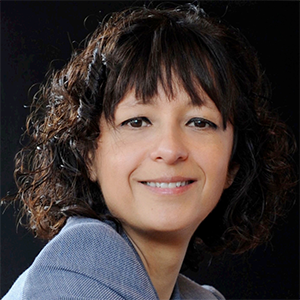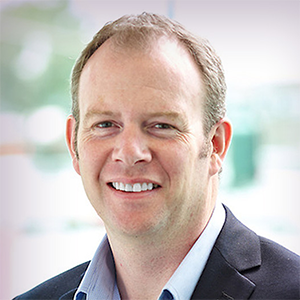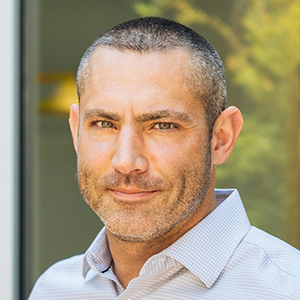Session Abstract – PMWC 2018 Silicon Valley
Session Synopsis: Since its launch, the disruptive CRISPR technology has been widely adopted and is now on a path to transform biological research with the promise of new therapeutics for both treating and curing human diseases. This session will cover new CRISPR products and different applications that harness the power of the CRISPR technology.
Session Chair Profile
PIONEERED THE CRISPR-CAS9 GENOME EDITIING TECHNOLOGY
Ph.D., Director, Max Planck Institute for Infection Biology, Berlin; Visiting Professor, Umeå University

Biography
Emmanuelle Charpentier, Ph.D. helped launch a revolution in molecular genetics and genomics, which has become one of the most remarkable success stories of science, the discovery of CRISPR-Cas9. This simple to use technique can alter the DNA of any organism using RNA-programmed DNA cleavage, much like a film editor cuts a piece of film and splices in new frames. Since the discovery of the mechanism, the molecular scissors have taken laboratories around the world by storm. As it is much more precise, efficient and cost effective than previous methods, it is already a vital addition to many labs. Emmanuelle Charpentier had foreseen that her discovery could open up new ways of specifically targeting genes and treating human genetic disorders.
Dr. Charpentier has conducted research at 9 different institutes in 5 different countries over the past 20 years including the Institute of Microbiology and Genetics at Vienna University, the Centre of Molecular Biology, Max F. Perutz Laboratories, Laboratory for Molecular Infection Medicine Sweden (MIMS) at Umeå University, Helmholtz Centre for Infection Research in Braunschweig and the Hannover Medical School, serving simultaneously as Professor. The gene-therapy company that she co-founded in 2013, CRISPR Therapeutics, has become one of the world’s most richly financed preclinical biotech companies.
Among the many awards received by Charpentier are the Princess of Asturias Award for Scientific and Technical Research, the Louis Jeantet Prize for Medicine, the Ernst Jung Prize for Medicine, the 2015 Breakthrough Prize in Life Sciences, the 2016 Leibniz Prize and the 2017 Japan Prize.
Speaker Profile
D.PHIL., Senior Director of Genome Engineering, CZ Biohub
Biography
After receiving a D.Phil. in Molecular Biophysics from the University of Oxford, May was a Wellcome Trust International Postdoctoral Fellow at Stanford University. He led development teams in single-cell genomics, sequencing, and structural proteomics at Fluidigm before becoming Chief Scientific Officer at Caribou Biosciences, where he built and led the scientific team focused on developing CRISPR-Cas technologies. At CZ Biohub, May is combining single-cell resolution analytical methods with genome-editing in primary cells and tissues to understand complex multicellular populations. He is also developing technologies to enable genome engineering of specific tissues for the treatment of genetic disorders and is building an engineering framework for the design of cellular devices that sense, monitor, record and treat disease states.
Speaker Profile
Biography
Matt Kane is the CEO and co-founder of Precision BioSciences, a privately held gene editing biotech that uses the therapeutic grade editing platform, ARCUS. Matt has led Precision since its inception in 2006 and serves on Precision’s Board. He has over fifteen years of experience in the life sciences industry and was formerly with Suros Surgical Systems, later acquired by Hologic. When he isn’t working, you can find Matt enjoying time with his wife and daughters, hiking with his dogs, or stuck under a squat bar. He received his B.S. and M.S. from the Rose-Hulman Institute of Technology, and holds an MBA from Duke University.
Talk
Delivering on The Promise of Genome Editing
Genome editing platforms have been studied for over 20 years, always holding the elusive promise of solving critical issues faced by humanity. CRISPR’s easy-to-use, open platform has generated new data and new excitement for genome-editing. This talk will address overcoming remaining challenges in delivery, specificity, and control of editing.








